As a member of the Writers Guild of America West Asian American Writers Committee, it was an honor to collaborate in the writing of our official statement about anti-Asian sentiment and what we can do in the film industry to make things better. Anti-Asian and anti-immigrant narratives are not new, but they proliferate with the support of negative and stereotypical depictions of the Asian American and Pacific Islander communities. This statement was featured in Deadline and Variety.
In addition to providing creative representation by being a Chinese American writer telling stories, I also incorporate Chinese history and inclusive characters and worlds in the stories I tell. My play “Intertwined” portrays a fictional story of a Chinese immigrant who falls in love with a white woman during a time when a union like that is illegal. In California, anti-miscegenation laws were active until 1948, when it was the first state in the union to end them.
I am also working on a film documentary featuring an important Chinese American entrepreneur and an action comedy TV pilot centered around a fictional Chinese American family in San Francisco.
Despite the rise in hate crimes against Asian Americans, there are many ways to promote this community, including shopping at Asian American businesses, reading literature written by members of these communities, and choosing to watch stories written by and portrayed by Asian American artists. And, of course, every underrepresented community benefits from the same efforts.

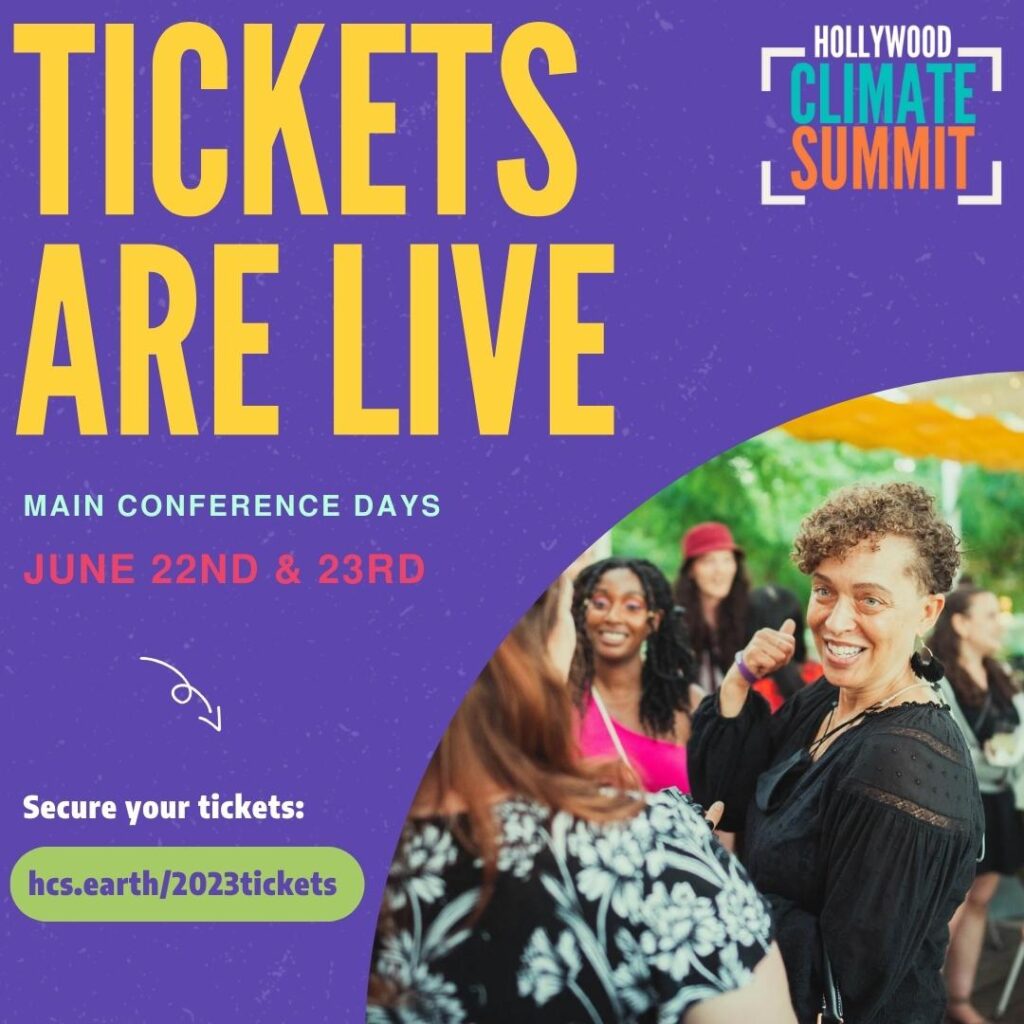


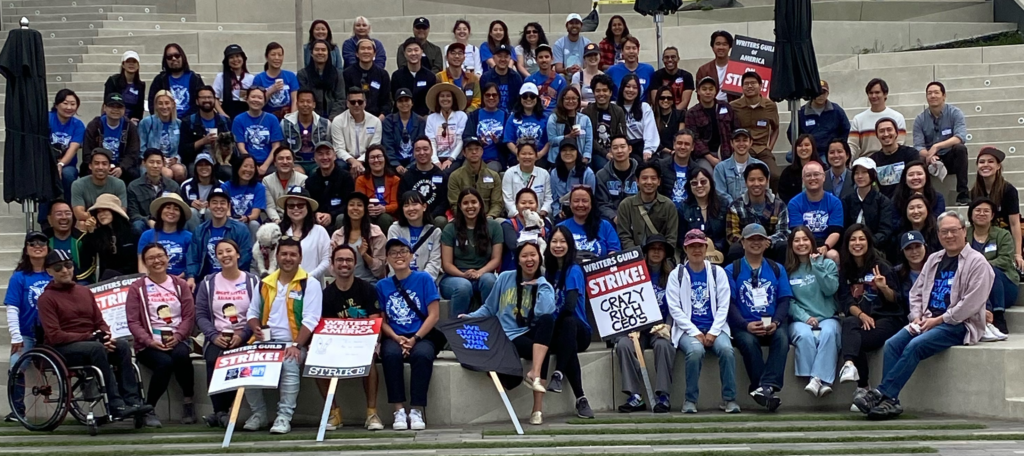
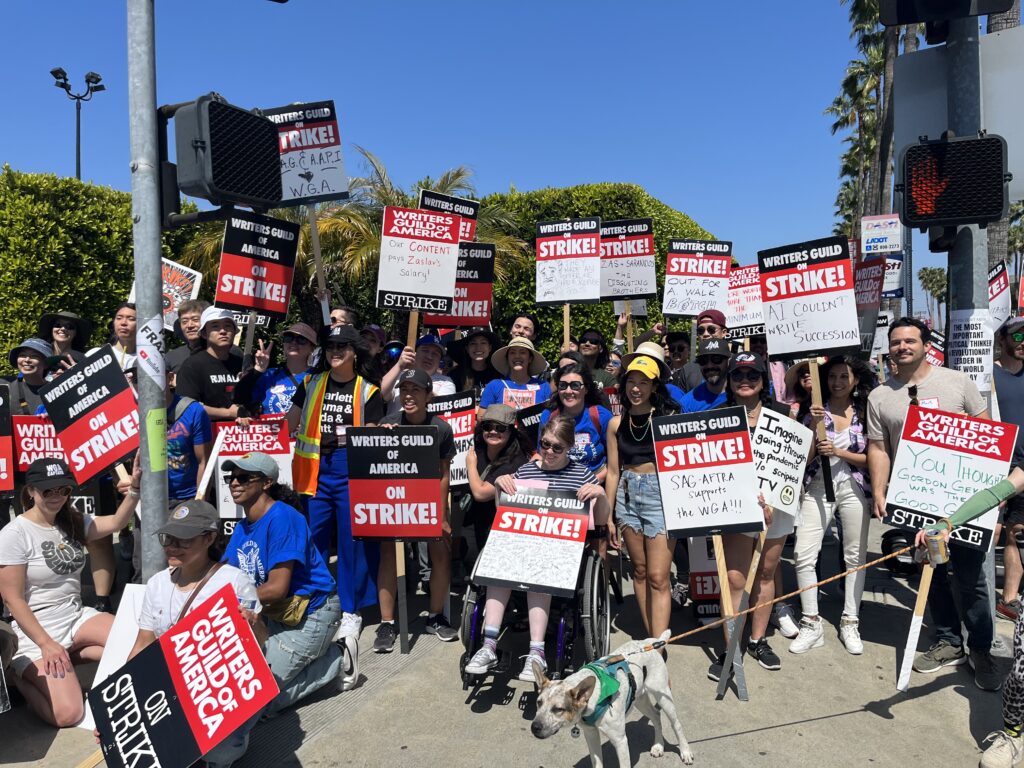
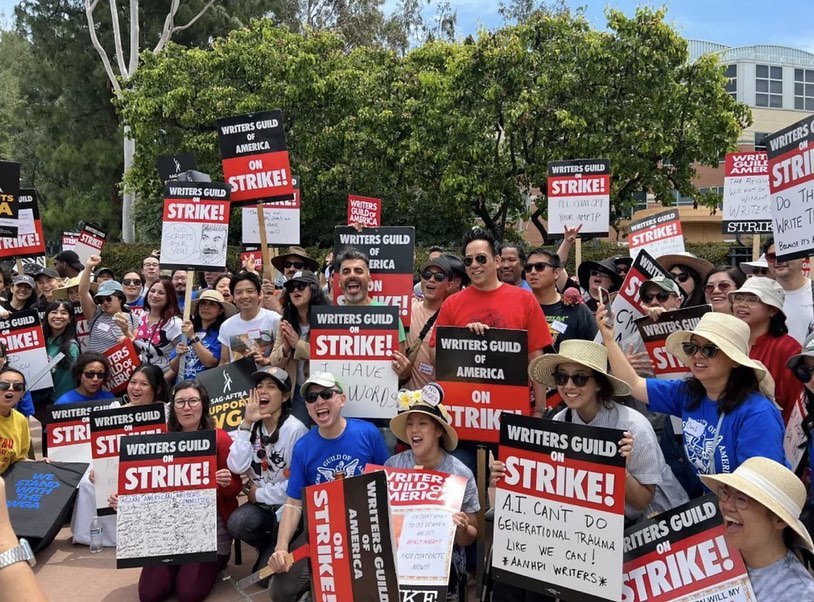
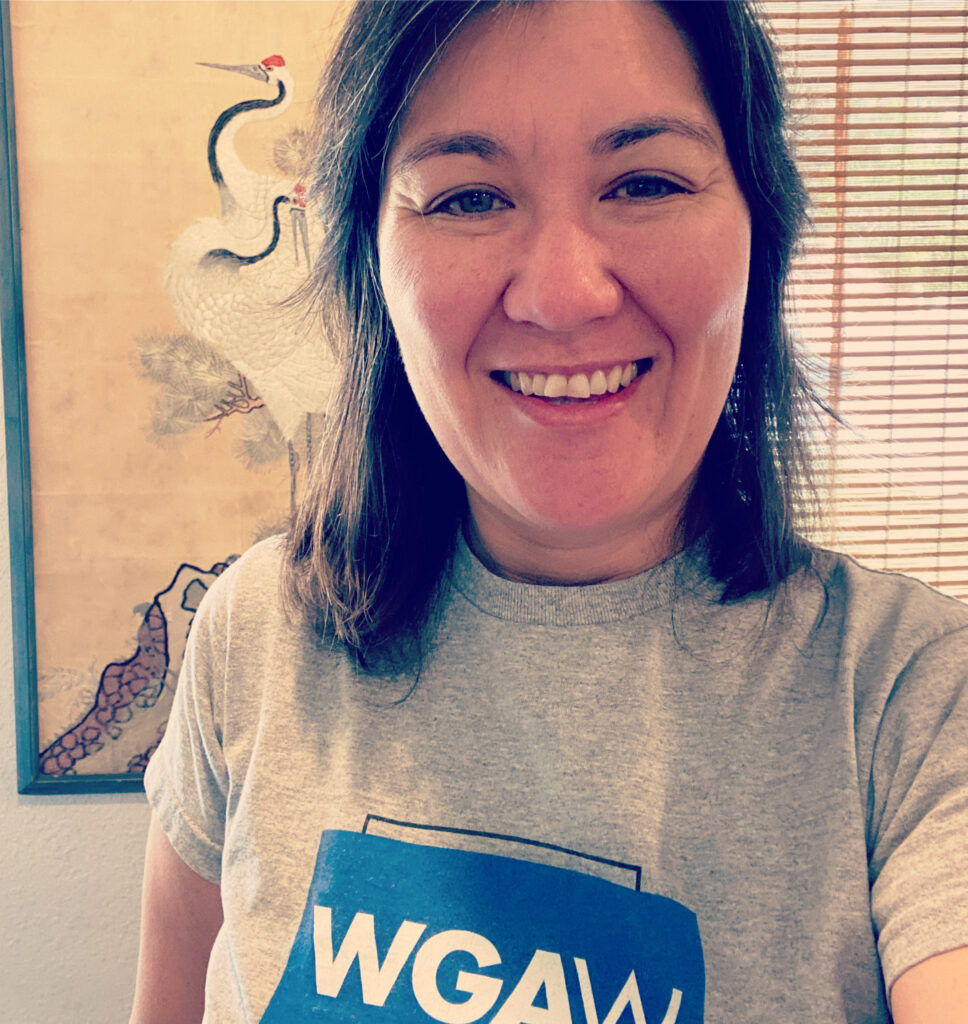
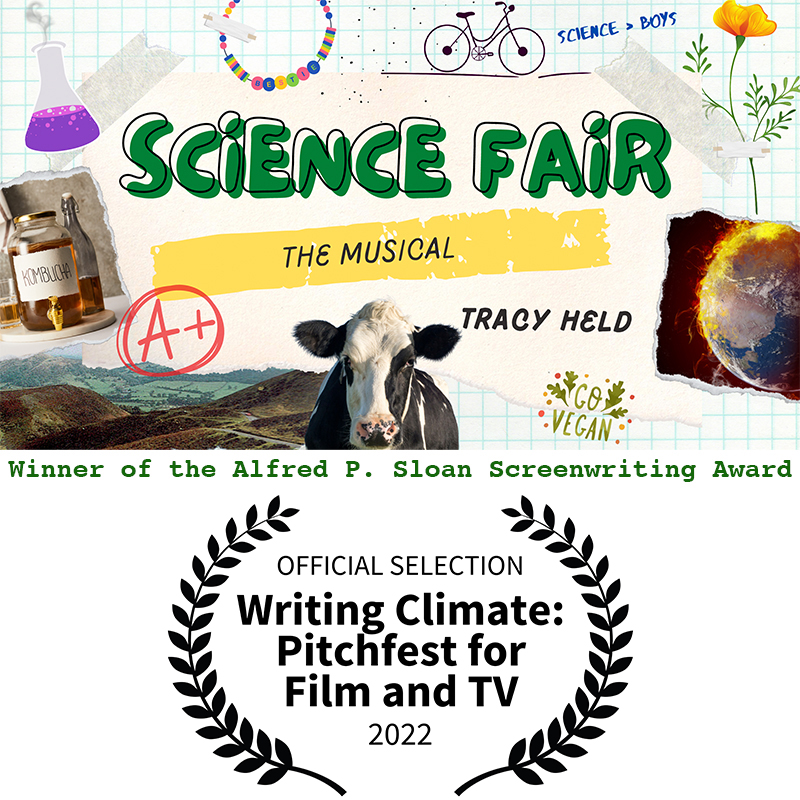
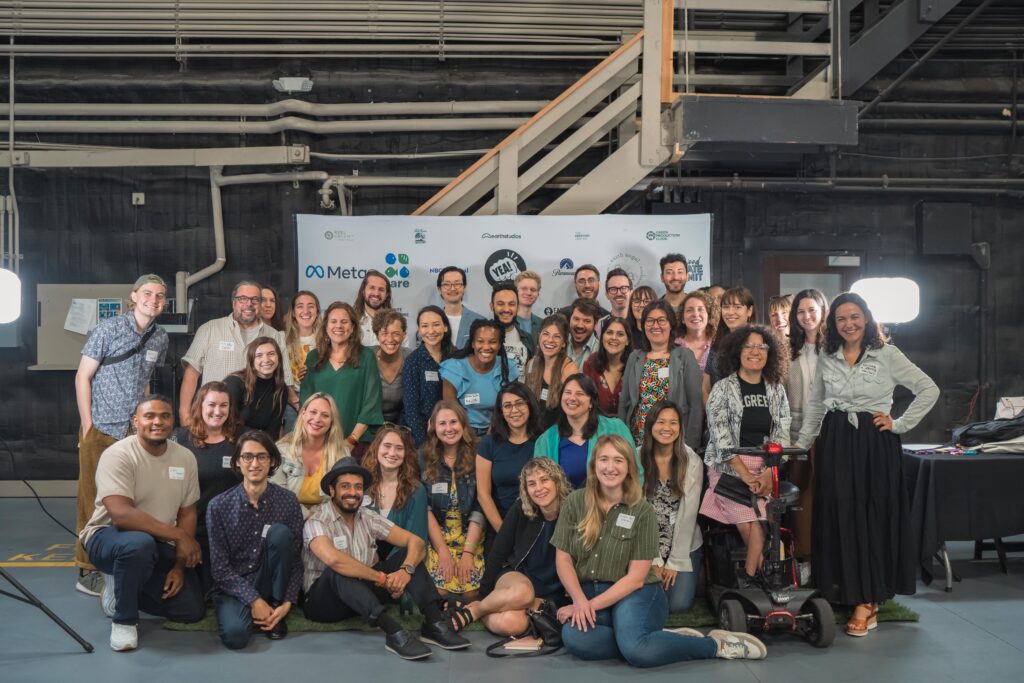
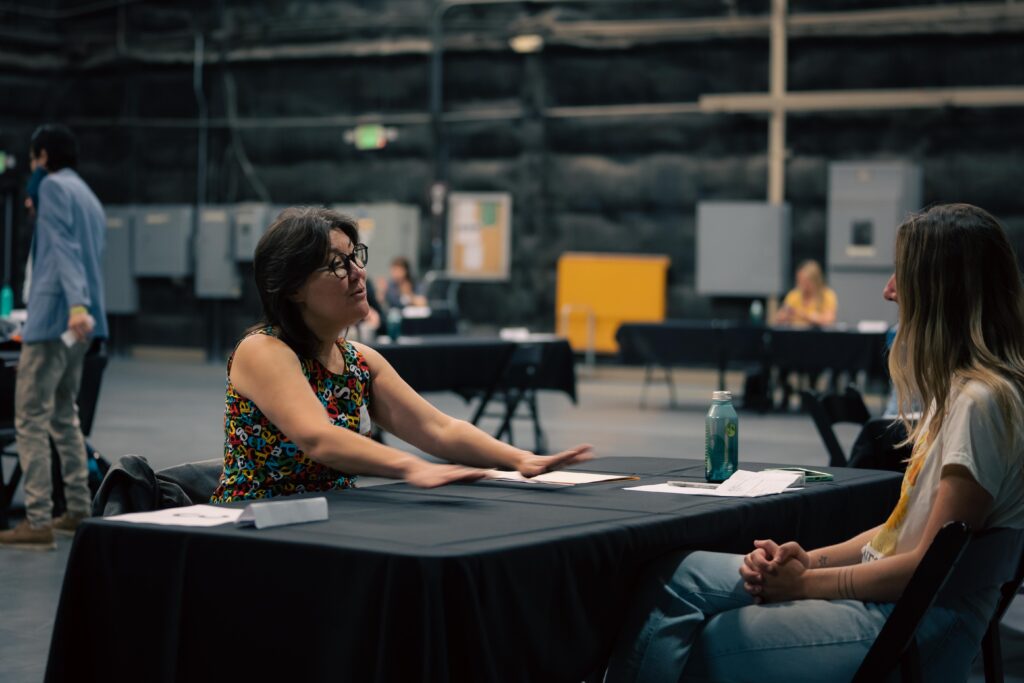
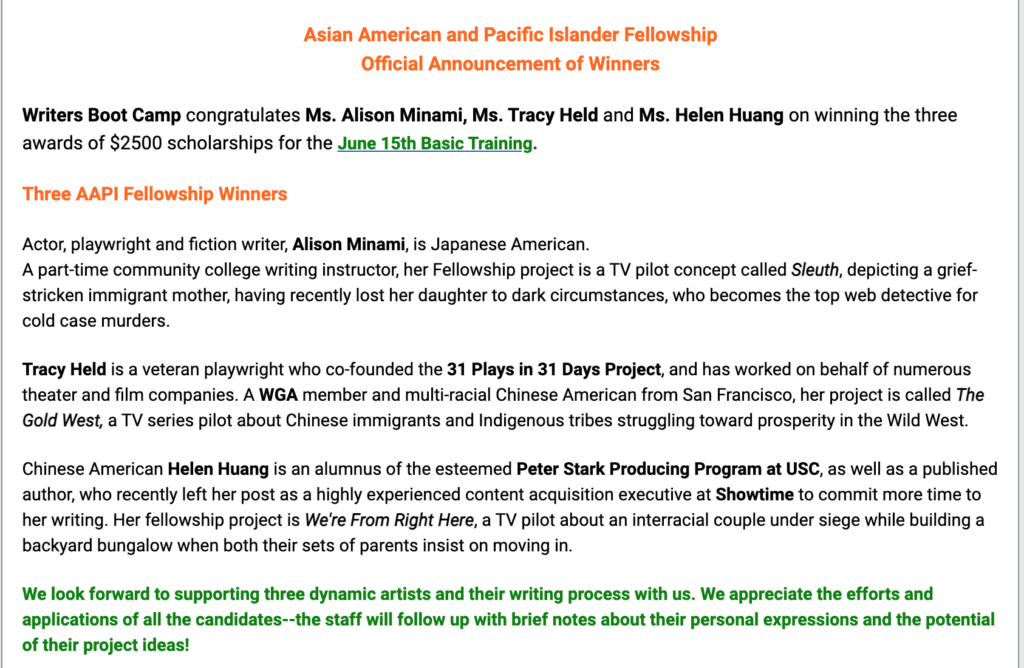
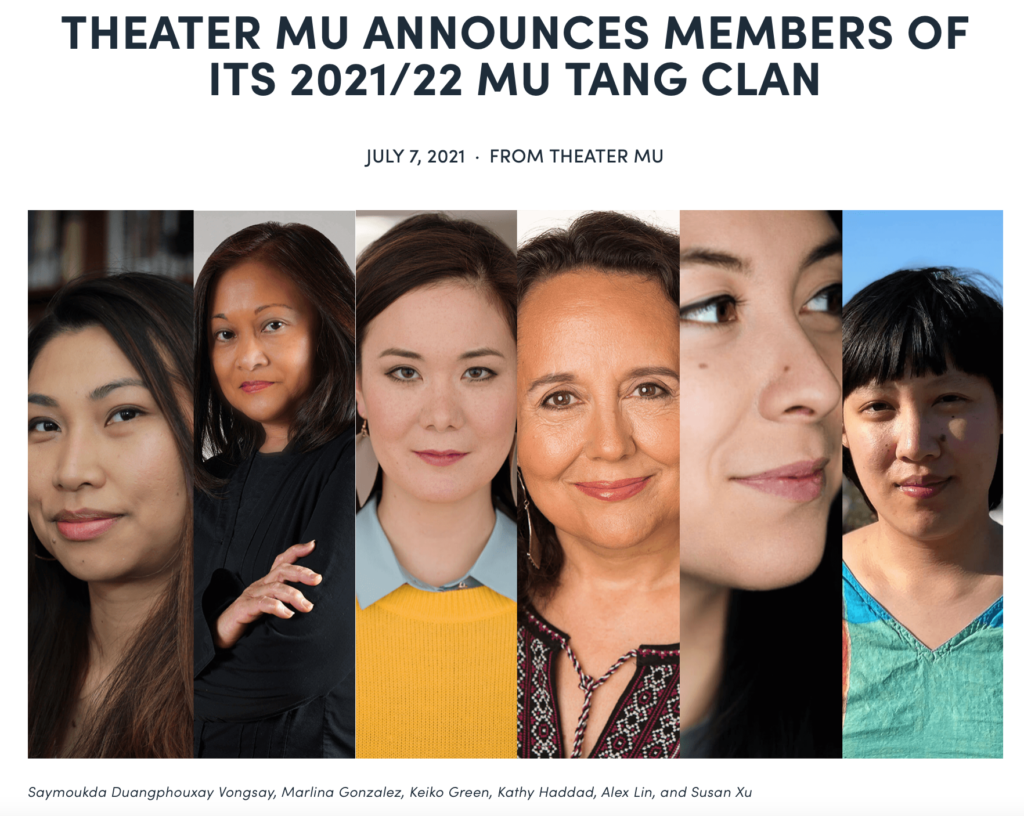
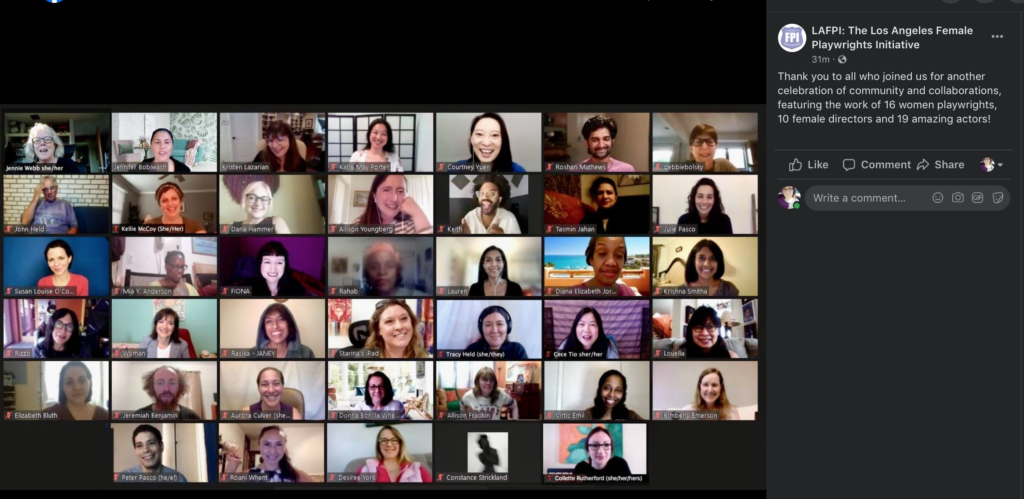
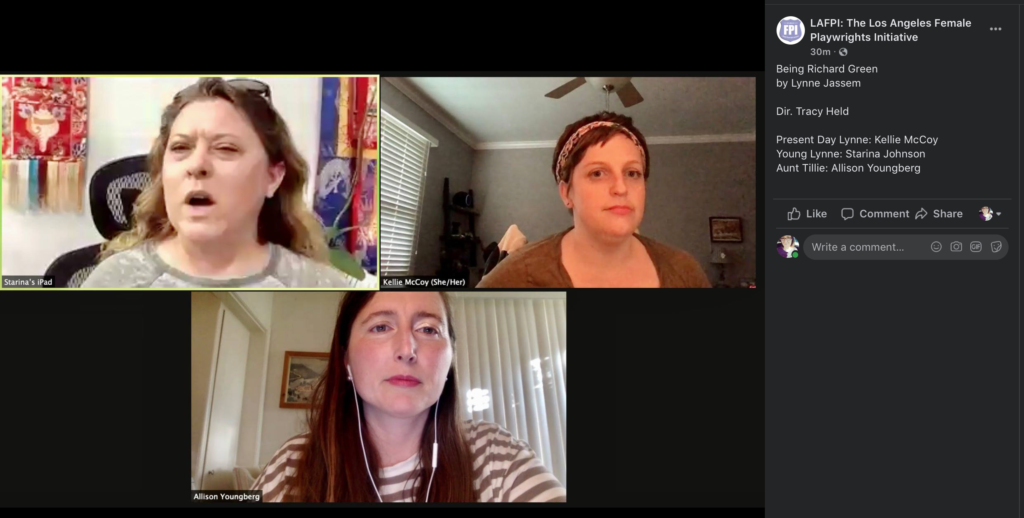
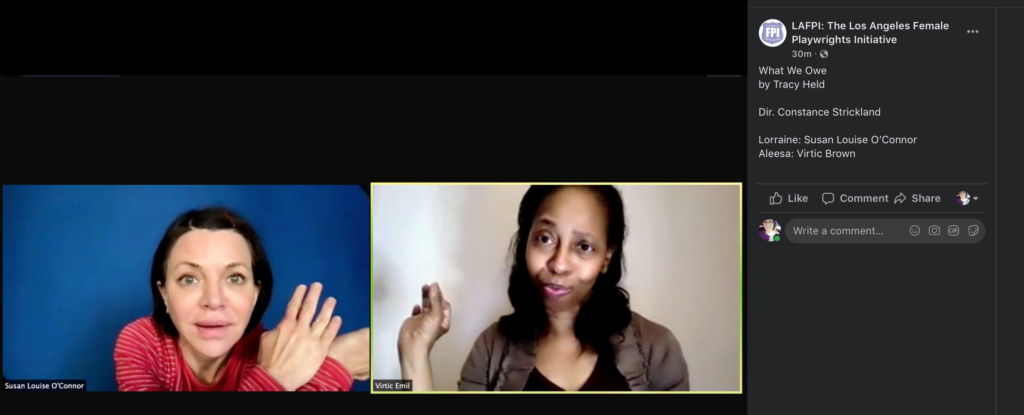

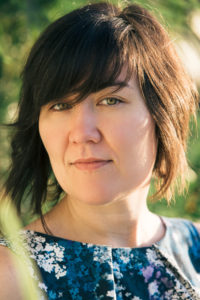
Recent Comments